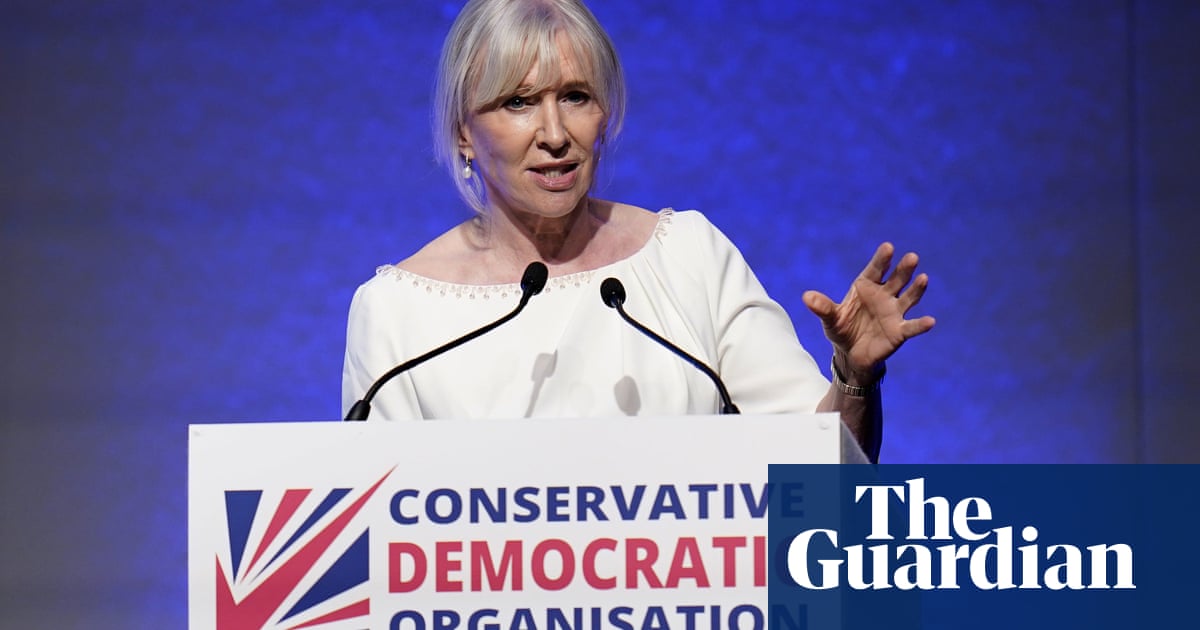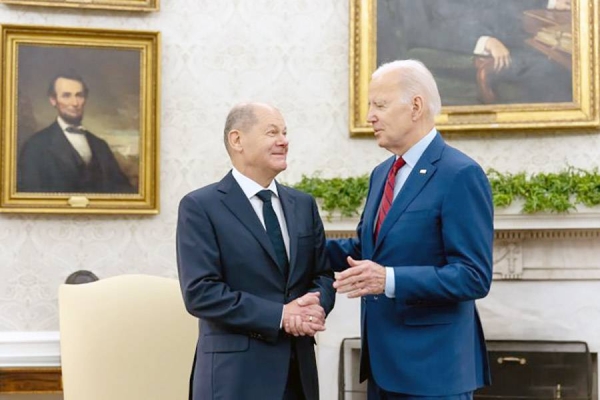
The government is facing mounting calls to reopen places of worship, which have been closed for more than two months, as lockdown restrictions ease.
Churches, mosques, synagogues and temples are due to open under step three of the government’s recovery plan on 4 July at the earliest, along with hairdressers, cinemas and pubs.
When congregational worship resumes, faith leaders and officials will be required to enforce social distancing and ensure frequent cleaning of buildings. The sharing of items such as hymn books or prayer mats will not be permitted.
Some clergy say Church of England leaders should be pressing the government to bring places of worship into step two of the recovery plan, in place from 1 June. They argue that if shops are allowed to reopen from mid-June, places of worship should be permitted to unlock their doors.
The government, which is consulting with faith leaders, may adopt a staged approach, with places of worship initially being allowed to open for private prayer and contemplation – possibly this week – before services are allowed to resume.
Almost half the British public say churches and chapels should be allowed to open earlier than July as long as they maintain social distancing, with almost a third disagreeing, according to a survey for the National Churches Trust.
In a separate online survey by the trust, 75% of clergy and church officials said the closing of the places of worship during lockdown has had a negative effect on the local community.
Cardinal Vincent Nichols, the archbishop of Westminster and most senior Catholic in England and Wales, said at the weekend that churches should be allowed to open in phases.
“This week’s announcements by the prime minister that some indoor sales premises can open tomorrow and that most shops can open on 15 June, questions directly the reasons why our churches remain closed. We are told that these openings, which are to be carefully managed, are based on the need to encourage key activities to start up again. Why are churches excluded from this decision?” he said in in homily for Pentecost Sunday.
“What is the risk to a person who sits quietly in a church which is being thoroughly cleaned, properly supervised and in which social distancing is maintained? The benefits of being able to access places of prayer is profound, on individual and family stability and, significantly, on their willingness to help others in their need.”
Earlier this month, Church of England bishops bowed to pressure to allow clergy to enter their churches to stream services or to pray privately. The archbishops of Canterbury and York banned vicars from churches when the country went into lockdown, a move which went beyond government guidance and provoked furious clergy protests. Now some vicars want C of E leaders to argue more forcefully that the government should accelerate the reopening of churches.
“They should have fought for us to be designated as essential workers, that we must be allowed to minister to people in this crisis,” said one vicar. “But rather than letting us get on with our pastoral role, the bishops have been constantly dishing out instructions.”
Another said: “There is a strong sense that the bishops aren’t really on the side of parish priests. The physical presence of a priest in his or her parish has been devalued just at the time when we are needed more than ever. We are so frustrated.”
A third member of the clergy said there was also disappointment that Justin Welby, the archbishop of Canterbury, had used “an enormous amount of time and energy in managing what churches can and can’t do in the pandemic, rather than providing moral leadership to the country. He has said absolutely nothing memorable in the past three months. He is more akin to a health and safety official than a spiritual leader.”
On Sunday, the Bishop of London, Sarah Mullally, said: “With shops reopening and some people appearing to be returning to a degree of normality, it is understandable that questions are being raised as to how and where the lockdown is being relaxed. Churchgoers are among those feeling real disappointment and hurt, as places of worship remain closed to the public.
“While we have developed detailed advice to help local churches plan to open for individual prayer as well as weddings and then, in due course, a resumption of public worship services – for now, the government does not deem it safe for us to take these steps.”
Two dozen church leaders, many from black majority churches, have called for a judicial review of the “blanket ‘lockdown’ imposed on all churches … and the failure to prioritise the re-opening of churches as part of the government’s ‘exit strategy’.”
They argue that the “forced closure of all churches” is disproportionate and interferes with Article 9 of the European Declaration of Human Rights.
Pastor Ade Omooba said: “It cannot be right that at present it is lawful to go to a bike shop, B&Q, visit a chiropractor or dry cleaner, and not be allowed to receive holy communion or engage in silent prayer in a church.”












